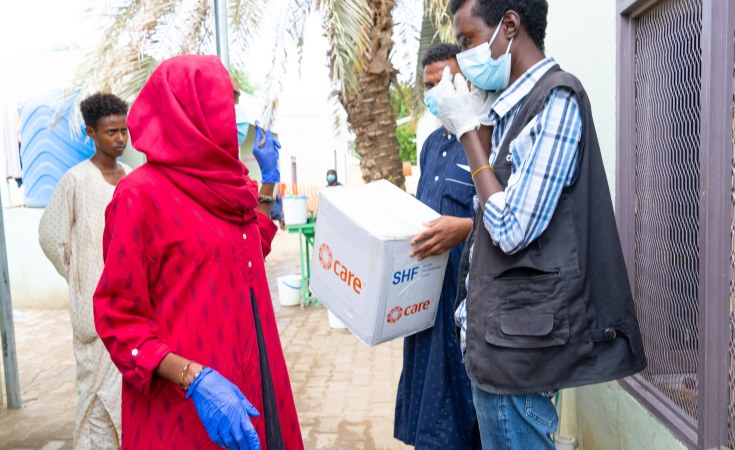United Nations — Sudan has been plunged into a deadly cholera outbreak in the midst of the Sudanese Civil War. Sudan is currently home to an approximate 15 million people, many of which have had to bear the brunt of hostilities between warring parties, widespread food insecurity, mass displacement, and extreme weather anomalies. Flooding, in particular, has been very damaging, leading to the collapse of critical infrastructures that ensure sanitation. This has caused the cholera outbreak to become a national concern.
On August 12th, Sudan's Federal Ministry of Health officially declared the emergence of a cholera outbreak. This is the second cholera outbreak observed in Sudan since the start of the war sixteen months ago.
Between July 22 and September 15, there have been approximately 8,457 cases of infections. Sudan's Health Ministry reports that approximately 430 people were killed by cholera in the last month alone, emphasizing a rapid rise in infection rates.
According to the United Nations High Commissioner for Refugees (UNHCR), regions of Sudan that primarily host displacement shelters have been hit hardest by the outbreak.
Significant overcrowding and exposure to contaminated water by flooding have exacerbated the transmission of disease.
"The recent cholera outbreak has resurged after several weeks of heavy rainfall and resulting flooding. Risks are compounded by the continuing conflict and dire humanitarian conditions, including overcrowding in camps and gathering sites for refugees and Sudanese displaced by the war", stated UNHCR Representative in Sudan, Kristine Hambrouck.
Despite these efforts, there have been significant access challenges for medical personnel and aid workers. The persistence of warfare in cholera-affected regions have raised security concerns and have greatly impeded critical routes for aid deliveries.
The medical charity, Doctors Without Borders, informed reporters that their current initiatives are "regularly obstructed by both warring parties, the humanitarian response remains far below what is needed". They add that armed conflict has led to the collapse of Sudan's health system, with pregnant women and children dying at rapid rates.
The United Nations Children's Fund (UNICEF) adds that armed conflict has severely hampered vaccination attempts. Studies show that before the Sudanese Civil War, about 85 percent of the population was vaccinated, plummeting to 50 percent after the war. Areas that are plunged in conflict average about 30 percent immunization.
Furthermore, according to the Country Director for the World Food Programme (WFP), Eddie Rowe, due to heavy rains and flooding, it has been immensely difficult for aid trucks to pass through the Tina crossing at the Chad border, which is the direct path to reach Darfur, one of Sudan's most vulnerable regions.
The United Nations (UN) is currently on the frontlines in severely affected areas, providing life saving medical assistance as well as critical resources to mitigate the spread. UNICEF and the World Health Organization (WHO) are distributing oral rehydration packets and water sanitation tablets to mitigate the spread of cholera through drinking water.
UNHCR has set up treatment facilities in Kassala to provide the Sudanese with effective treatment and isolation for highly contagious patients. Furthermore, they are training healthcare workers, tracking the spread of infections, and conducting workshops and information campaigns to teach Sudanese civilians safe hygiene practices.
UNHCR estimates that approximately 1.5 billion dollars will be required to provide aid to Sudan and its neighbouring territories facing similar humanitarian crises. Currently, only 22 percent of that goal has been met. The UN urges further donor contributions as infection rates and civilian deaths are on the rise.


